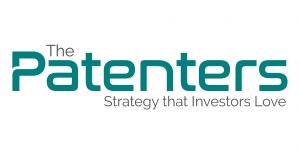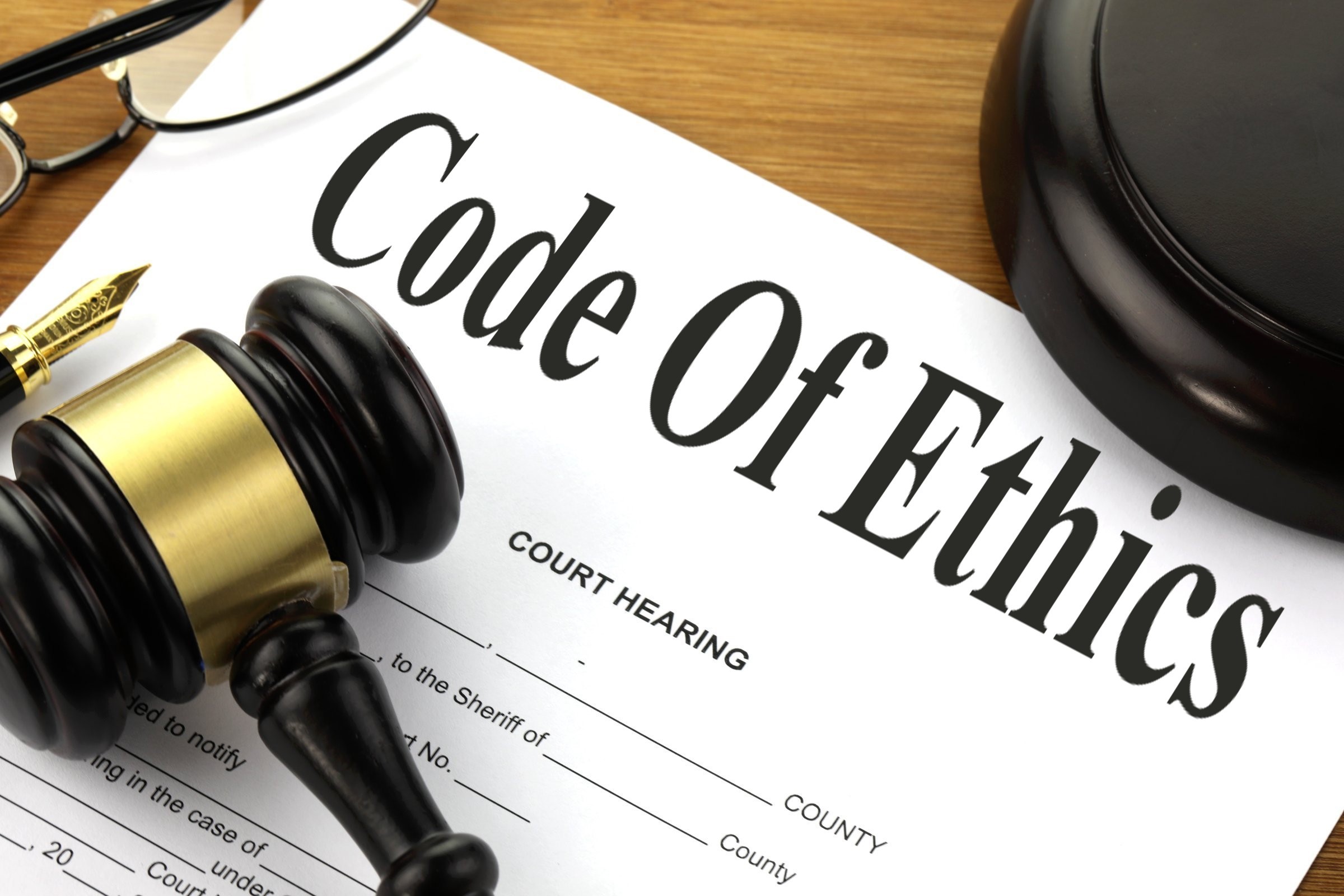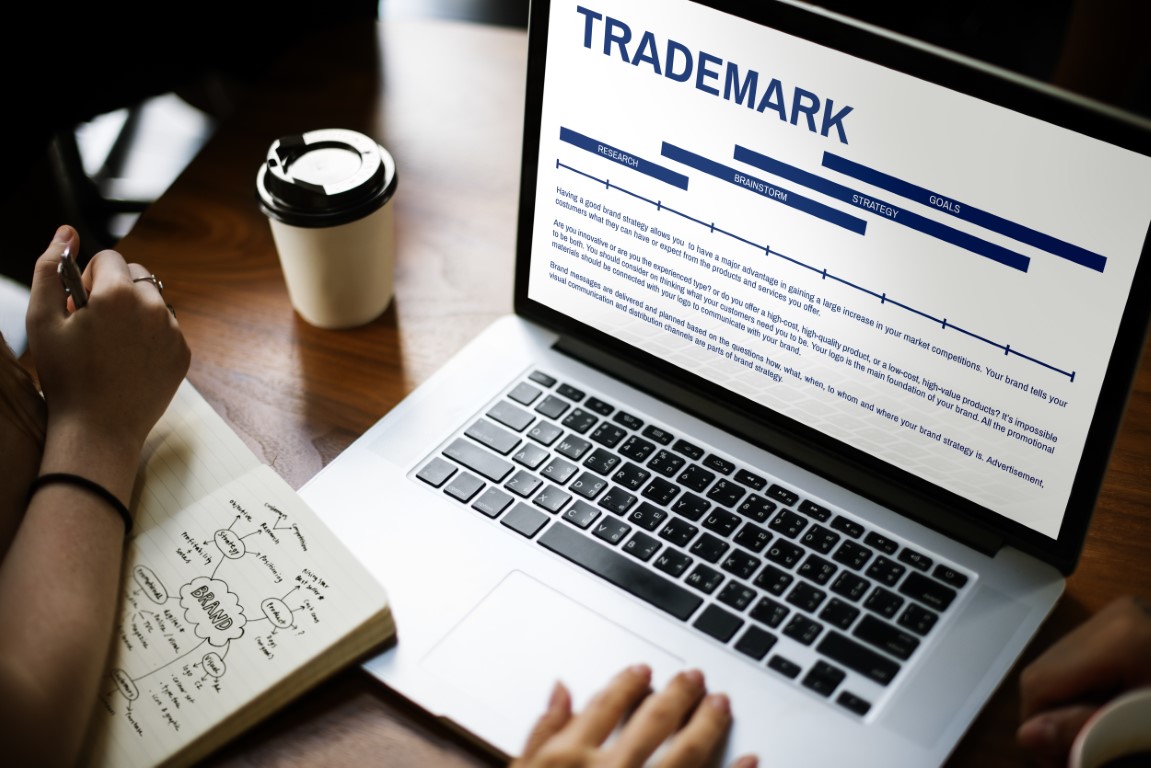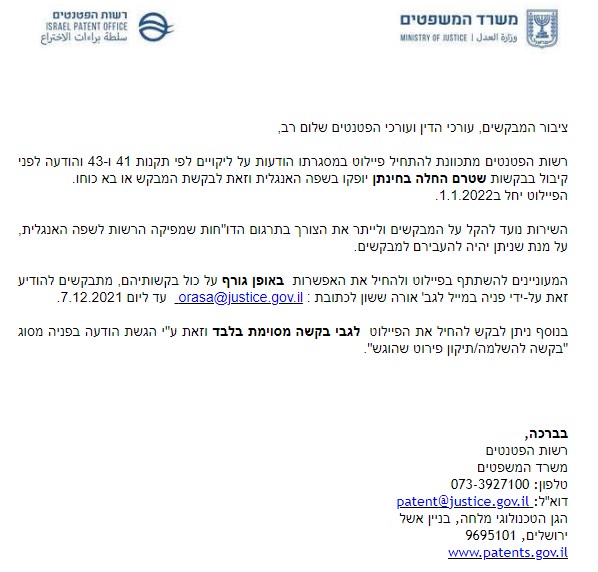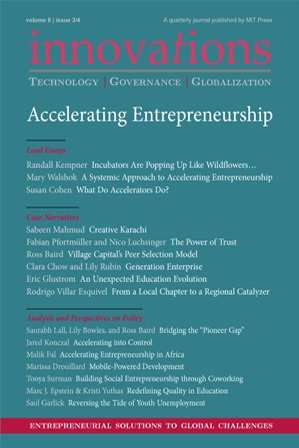After that bombastic title let me explain. On January 31st 2023, I attended the Round Table meeting regarding the Israel Patent Attorney Ethics Code.
The Israel patent attorney profession will be redefined.
The presentation below describes some of the topics that were discussed at the meeting.
The prospects of an official code
At that meeting the Israeli Patent Office clarified that the Code will definitely happen.
This resolve of the Israeli Patent Office was justified by the Israeli Patent Law relating to it –
see section 148 (a) (5) of the Law.
Some patent attorneys came to the meeting with positions and arguments
to resist redefining the Israel patent attorney profession.
Or at least had serious reservations about it. Especially in view of how the
discussion was handled leading up to the meeting. See for example here.
Interest and participation of Israeli patent attorneys and other interested parties
Surprisingly few patent attorneys attended the meeting – perhaps we were fifteen.
It is hard to explain the low interest in the meeting.
Beyond Daniel Feigelson’s explanation, perhaps the public thinks the Code is already
completely defined. At least one version has been kicking around for at least 9 years,
see for example here.
It’s possible many Israeli patent attorneys believe that the Ethics Code will be
identical to it anyway. In addition, the Israeli Patent Attorneys Association IPAA
has its own Ethics Code that it obliges you to accept in order to join.
While membership is currently voluntary, I strenuously object to this enforcement.
It makes no sense to enforce something that is still under discussion by the Israeli
Ministry of Justice. The ministry, after all, is the one that is in charge of disciplining,
examining trainees and giving them a license. Perhaps this premature enforcement
of IPAA caused more damage than good.
I was gratified to learn at the meeting that the Code is far from finalized.
In fact, the Israel Patent Office exhibited very little knowledge of any existing
Israel Ethics Code for patent attorneys. Indeed, many of the controversial
and potentially devastating topics that are in the various unofficial codes
were not even proposed as topics for the meeting.
However, I commented at the meeting that the full proposed Code should be presented
to allow all issues to be open to discussion. So far this hasn’t been done.
Indeed, at the meeting I discussed several topics that were not on the list of issues
that the Israeli Patent Office raised in preparation to the meeting.
Although Several of the participants objected to the expansion of the topics,
I was gratified that the Patent Office was open to the expansion and to the
future presenting of a full draft open to review.
Relation to the Advocates’ Rules
One of the thorniest issues is the relationship with the Israeli Ethics Code
for Lawyers [Chamber of Advocates Rules].
While the Registrar of the Israel Patent Office emphasized that the discussion
should steer away from drawing comparisons, in fact much of the discussion related to it.
This is understandable as the various unofficial Code of Ethics for Israeli Patent
Attorneys heavily draw and are inspired from it.
Also, many Israeli patent attorneys are also lawyers, and there are many lawyers that
deal with Israel IP. As I commented at the meeting, in my experience non-technical
lawyers that deal with drafting always do irrevocable damage. While the Law and
the Advocate Rules apparently forbid a lawyer from dealing with a field with no proper
training, in fact it is a common occurrence, especially since the average Israeli inventor
hasn’t even heard of a patent attorney profession. I believe that this issue should
be addressed in the new Code.
Patent attorney trainees
Another issue that was introduced early on and kept being addressed as a major
issue was the effect of the Code on the training and patent attorney trainees.
The current situation is that the programme for trainees is almost entirely unregulated.
Their work conditions are completely up to the employer and their trainee.
One suggestion was to follow the Code of Ethics of the Israeli CPA Association.
That Code stipulates the employer having to submit a request for evaluation by a board
of the compulsory Association, to obtain permission to dismiss a trainee.
This was opposed by a many of the participants at the Round Table.
Some simply objected to limiting the freedom of the employer in a free market.
Others thought that based on their own experience of treating their own trainees
quite decently it was superfluous. Yet others objected to the prospect of being
stuck with someone that “obviously will never make it”.
From my experience and those of so many of my friends, sadly this profession seems
to either attract “characters” or make them. Interestingly, this seems to be the case
elsewhere too – See here. “Such behaviours absolutely occur.. in the IP profession”.
It is very telling for me that one of the attendees declared she has employed “many”
trainees who initially seemed suitable for the profession but later were found to be
“unable to write and should leave the profession”.
Long ago I was a candidate for a trainee position for her firm.
I was given a real assignment to draft a patent application.
That took an entire fortnight to draft, but I was never paid for my efforts.
For most trainees in Israel, seeing as the Law requires an Israeli patent attorney to have a technical degree, a patent attorney vocation is a second career.
It can well be argued that the profession greatly benefits from people’s previous
experience in the industry and/or academia as well as from advanced degrees
and maturity. And yet the profession remains very difficult to master. Therefore,
most trainees are sacrificing a great deal for their new adventure of at least two
years and already have heavy responsibilities. I am therefore very much in
favour of at least protecting the trainees from rampant abuse.
Wearing two hats: inventor and patent attorney
A significant number of patent attorneys are in-house.
One of them voiced an interest to have himself counted as both
a patent attorney and an inventor for the same patent, since he also
participated in the R&D of the patented invention.
The Patent Office seemed to strenuously object to the patent attorney
having any material benefits rising from an invention upon which they
draft and prosecute. However, it’s unclear whether this position will be
reflected in the Code for example under conflict of interest.
Doing business
I commented that the unofficial Israeli Code of Ethics [in their various forms]
stipulated in Item 24a that a patent attorney will not compete with an associate
in an “unfair manner”. The Code does not elaborate what constitutes an unfair
manner and the Patent Office asked if I could give an example.
About two years ago I was interested in a stand at an exhibition part of a start-up
convention that is the largest in my region. The organizer of the convention told me that although there were available stands for rent he would not allow me to rent one
because he is beholden to a patent attorney office that helped him when he started
with his activity. In fact, after being an employee for most of my professional life,
running a business in the field of IP in Israel has been difficult in view of such
activity of most of the largest patent offices in Israel.
In another exemplary case, I set out to meet with a Canadian patent attorney at a major conference, to examine cooperation.
Avihu Avital, at the time a member of the Patent Attorneys Association board,
strode up to us in the middle of my conversation with the Canadian,
and stepped between myself and him and started talking with him;
apparently and unbeknownst to me,
the Canadian was already cooperating with him.
One of the major concerns of single practitioners and small/medium size patent
offices in Israel is that the Code will discriminate against them.
This concern is certainly fueled by such overly aggressive
behaviours of some of the largest offices and some pugnacious and
unscrupulous individuals, as well as over-representation of such
offices in the Israeli Patent Attorneys Association that could cause an
unfair bias to the benefaction of the largest offices.
However, I happily admit that the three representatives of the Association
did not exhibit such bias at the meeting.
Advertising
Regulating advertising is heavily addressed in the unofficial codes.
I was gratified that the consensus of the attendees was “good luck with that”.
This exemplifies that much of the unofficial codes is outdated.
Summary
Overall, it seems that the Patent Office and Ministry of Justice are struggling
to push through this Ethics Code, with the help of some external consultants
I met at the meeting, and the start was a bit creaky.
However, they do seem eager to receive the practitioner’s contributions,
despite not giving sufficient notice for the first stage of the interaction.
As they said in their closing remarks, we know best the actual work and existing
problems. I urge my fellow associates, patent attorneys and trainees,
to contribute to the discussion.
